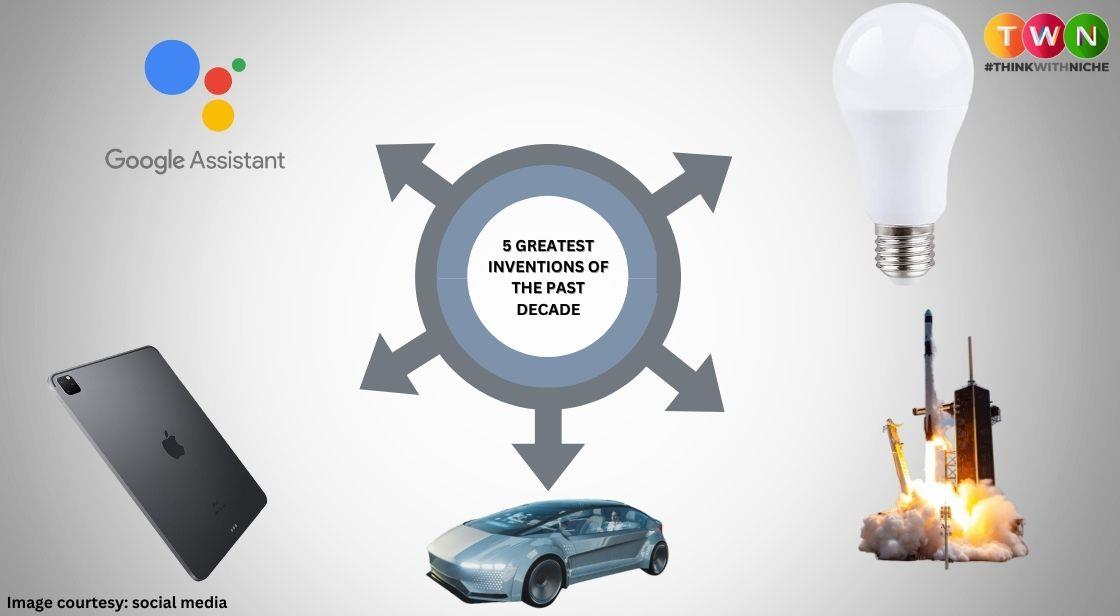Is AI Writing The Future? Exploring The Pros And Cons Of AI Content Writing
Artificial intelligence (AI) is becoming more and more common in practically every sector, from entertainment to healthcare. But given the expanding number of AI content authors, its writing potential is particularly interesting. But what will writing by AI look like in the future? We can learn more about whether AI is really the future of writing by examining the benefits and drawbacks of content creation using AI. On the one hand, organizations may be able to produce more material in fewer time thanks to the efficiency and cost-effectiveness of AI writing. On the other hand, it can be challenging to create truly compelling content using AI writing because it might lack the creativity and nuance of information authored by humans. In the end, it's obvious that AI writing has the ability to completely change the writing industry—but only when properly applied.
Is AI Writing The Future? Exploring the Pros and Cons of AI Content Writing
What is AI content writing?
The computer software that replicates human intelligence is essentially what artificial intelligence is. Algorithms that can create written material are referred to as AI content writers. These algorithms "learn" what is written using data, then they may "create" stuff that is comparable. One of the newest developments in the field of content marketing is the creation of AI content. The goal of this style of writing is to produce legible, intelligible text that readers will deem "better" than writing done by hand.
The Pros of Artificial Intelligence Writing
The use of AI in the content authoring process has a variety of benefits, including reduced costs and improved productivity. Additionally, AI enables organizations to scale their content production without adding staff, which can be very helpful for businesses engaged in business-to-business (B2B) transactions. Let's examine these benefits in more detail.
Cost-effectiveness of AI Writing Tools
Numerous approaches exist where AI technologies can be more affordable. First off, you don't have to develop fresh material because you can utilize them to optimize old content. Second, they are particularly helpful for B2B businesses because they don't require any additional staff members to operate.
Increased Efficiency in Content Generation
Since it might take a lot of time to personally create high-quality content, many firms choose to outsource content development. However, outsourcing is expensive and can jeopardize the quality of the content. Businesses may become more efficient and offer content at a reduced price by employing AI to develop content. This is especially helpful for organizations that produce a lot of material, like eCommerce companies.
The Major Cons of AI Writing
Even while AI has a lot of potential uses, it has several drawbacks. In actuality, AI has a variety of flaws, including a lack of originality and the potential for erroneous content production. Let's examine each of these problems in more detail.
Lack of Creativity
Because AI tools are programmed to adhere to predetermined rules and algorithms, they lack creativity. AI tools may have trouble with novel or uncommon topics because they rely on data to "learn" what has already been written. Additionally, because AI technologies are created to use a specific style and tone, they won't produce high-quality material for many industries.
Risk of Inaccuracies in Content Context
Accuracy problems with automated content are particularly problematic for B2B material. Despite their ability to provide correct data, AI programs may have trouble comprehending its context. Inaccurate content can result from misunderstandings and harm a company's reputation.




